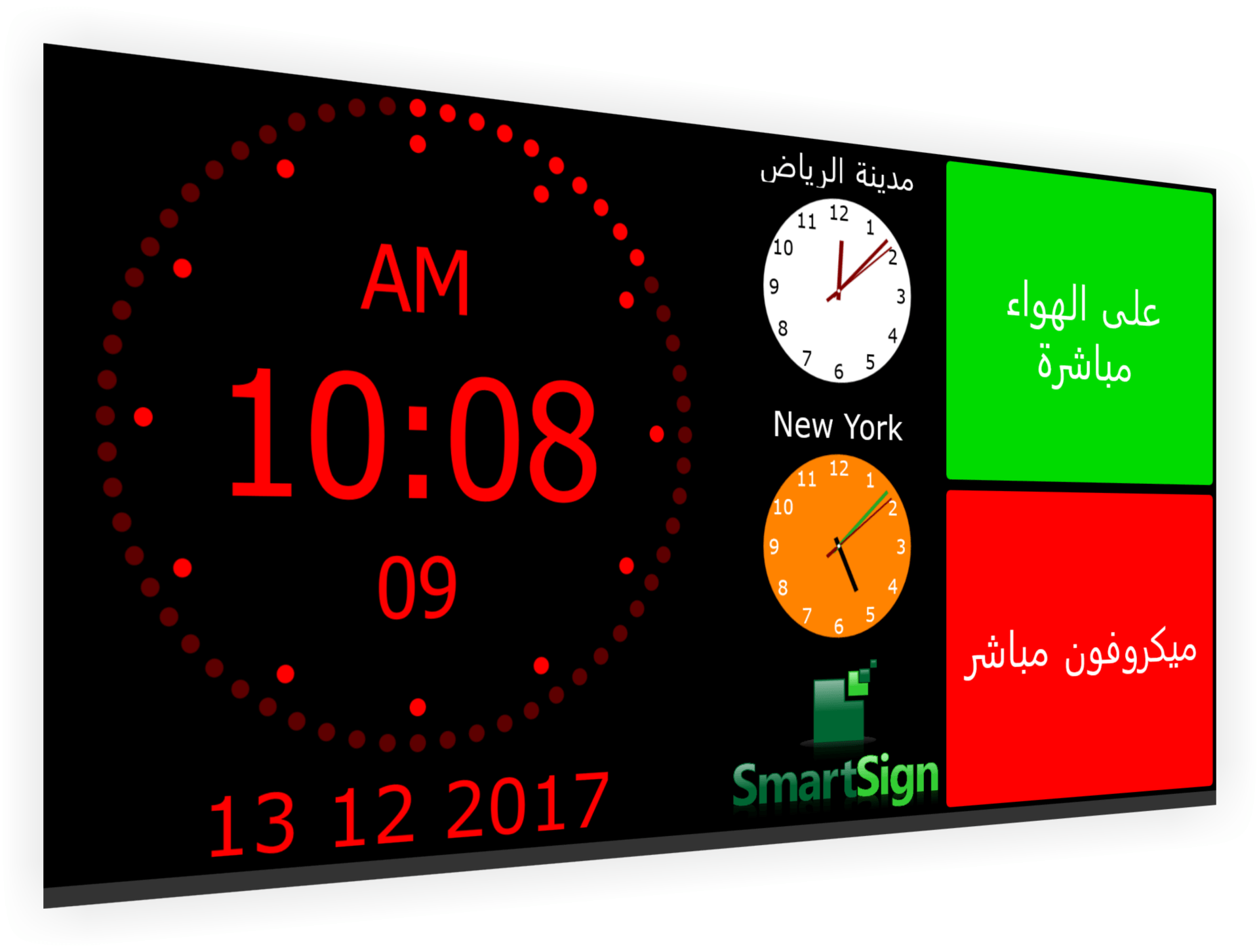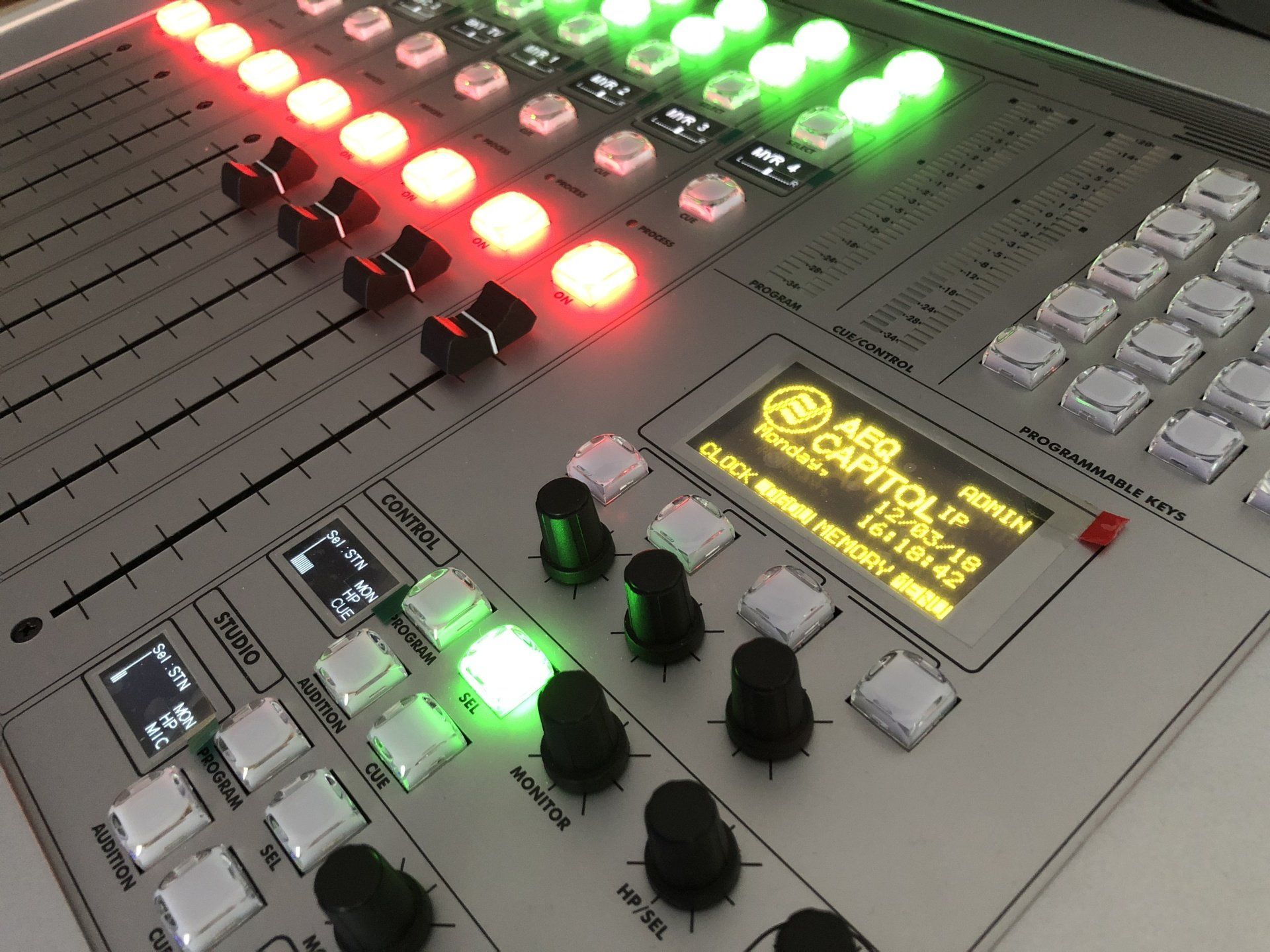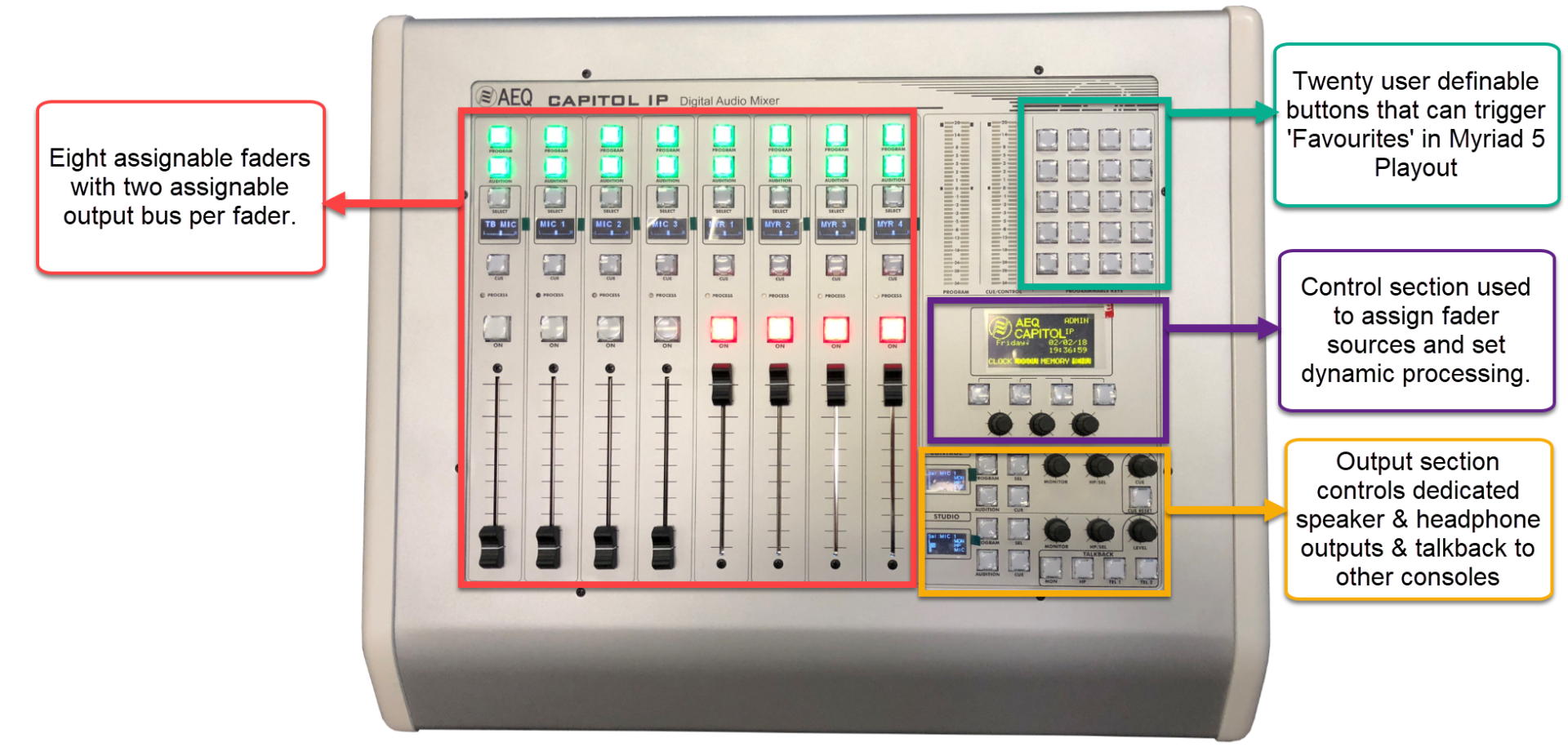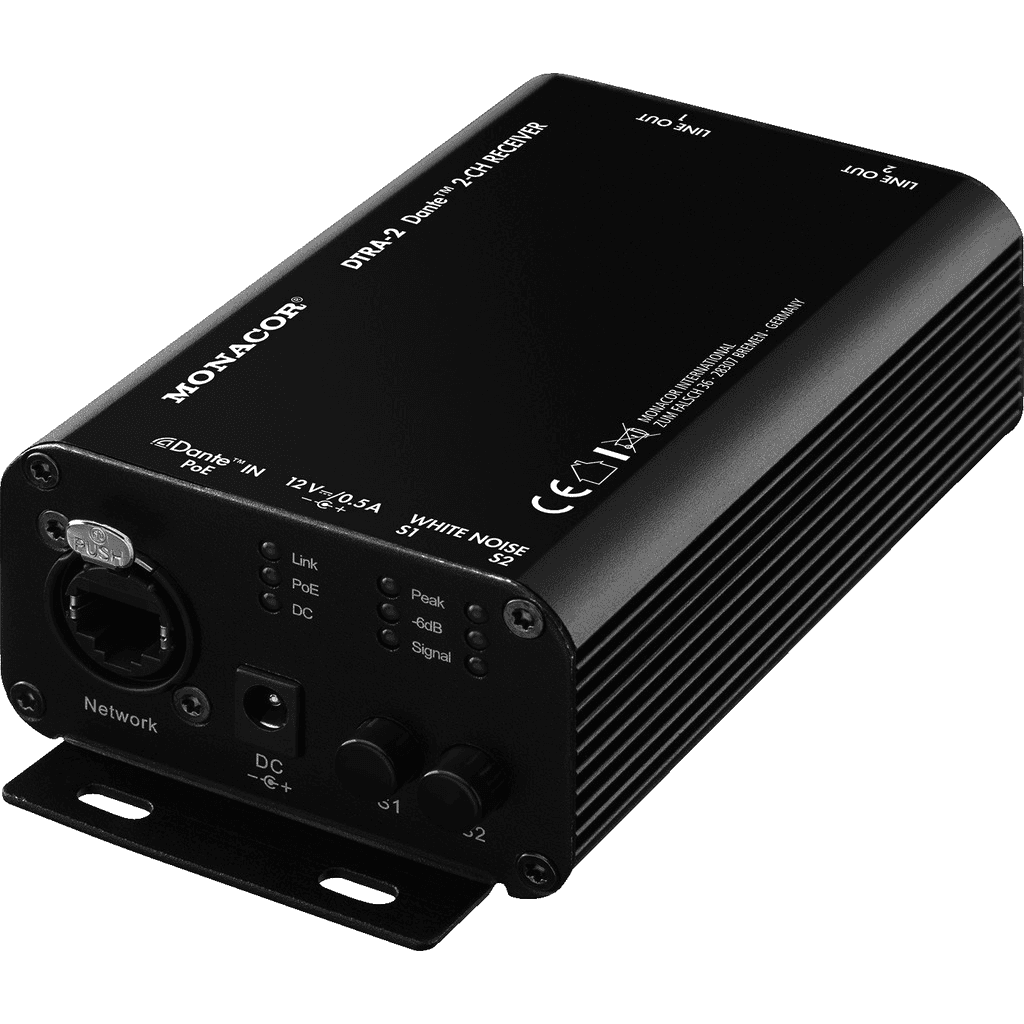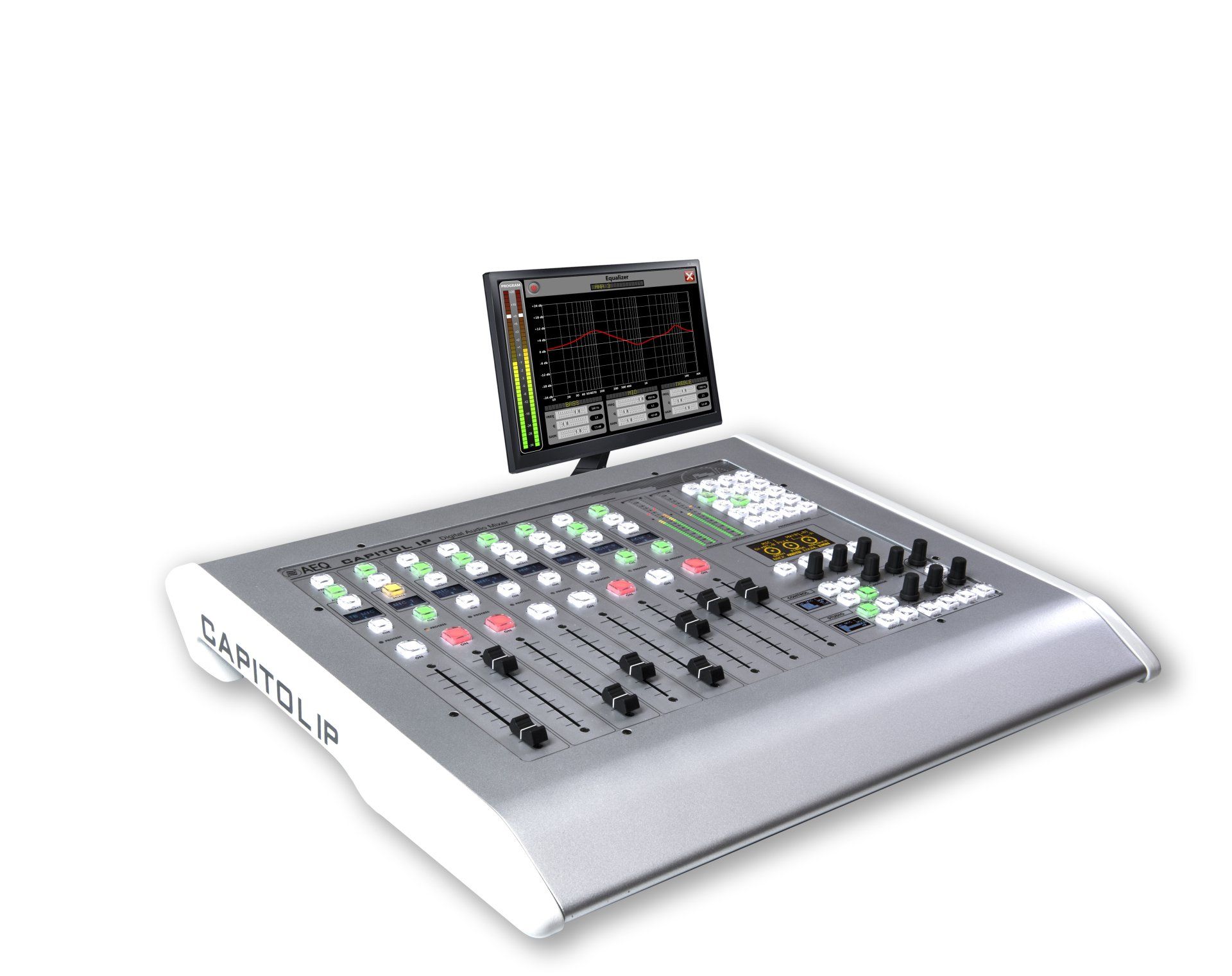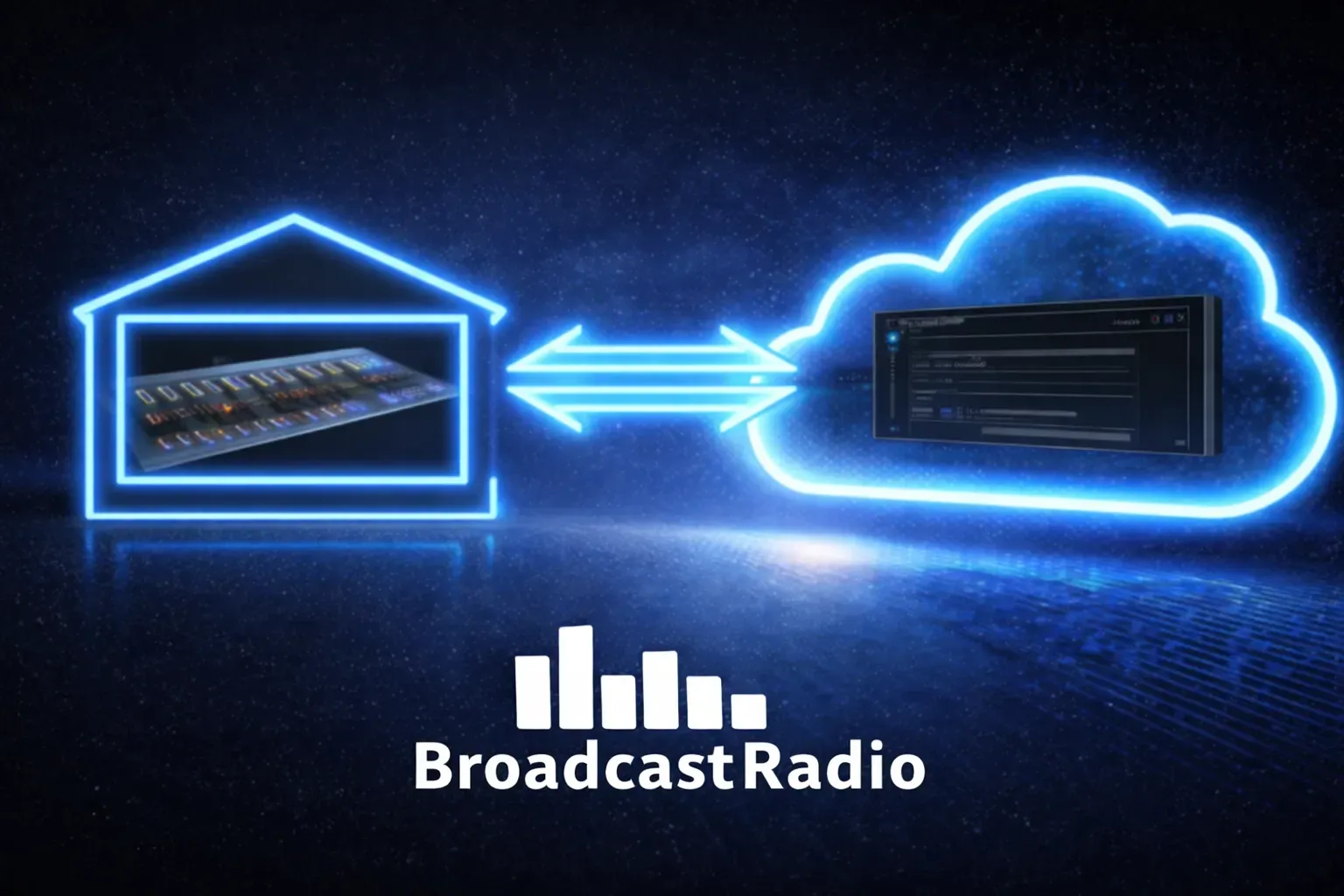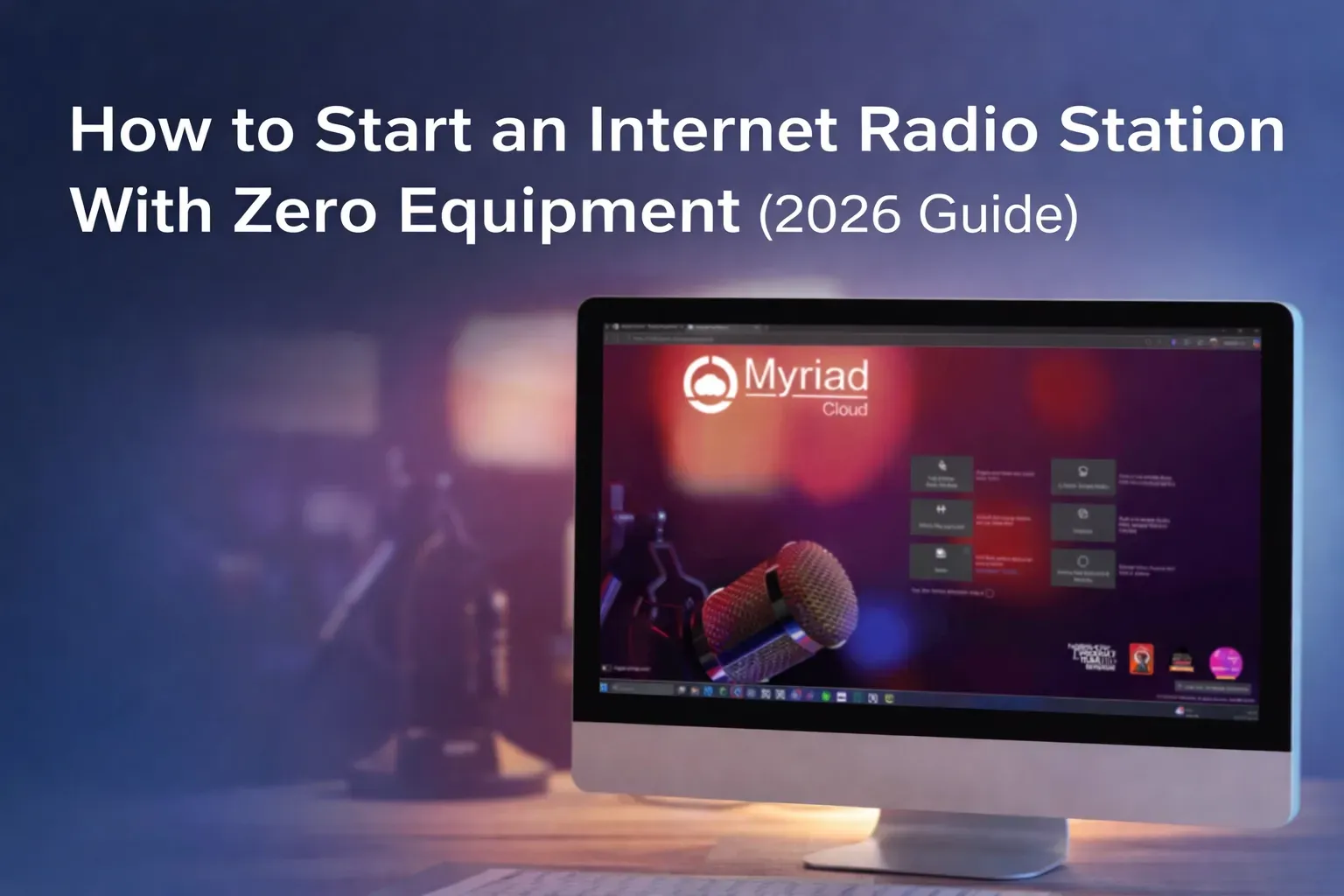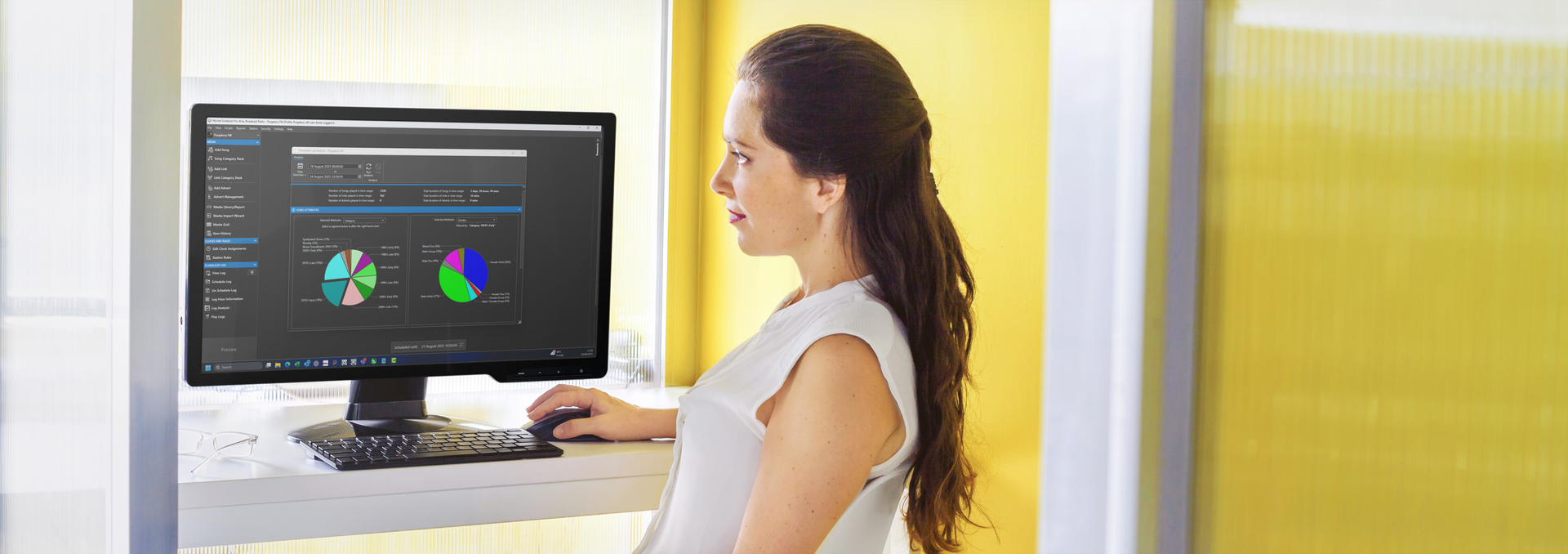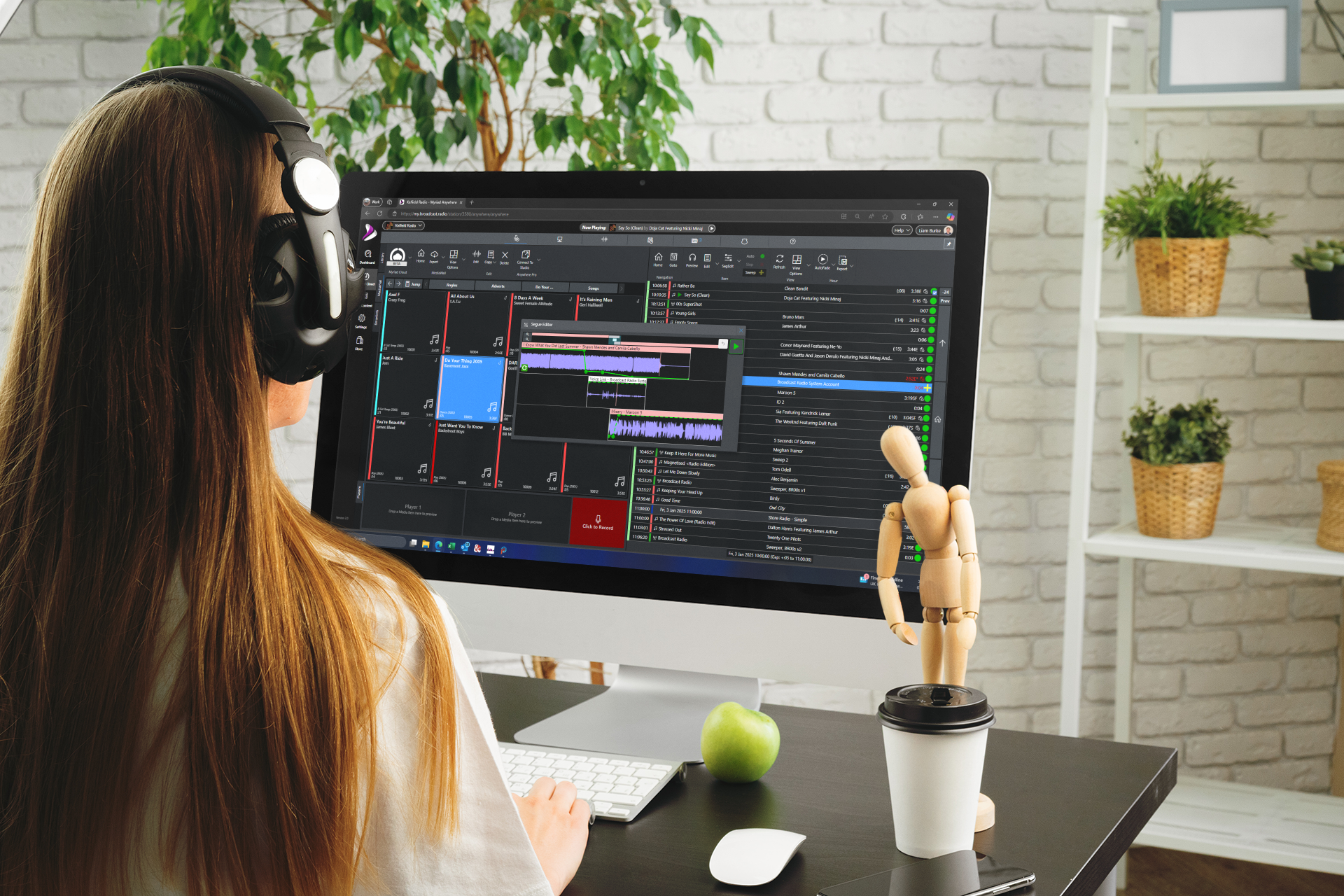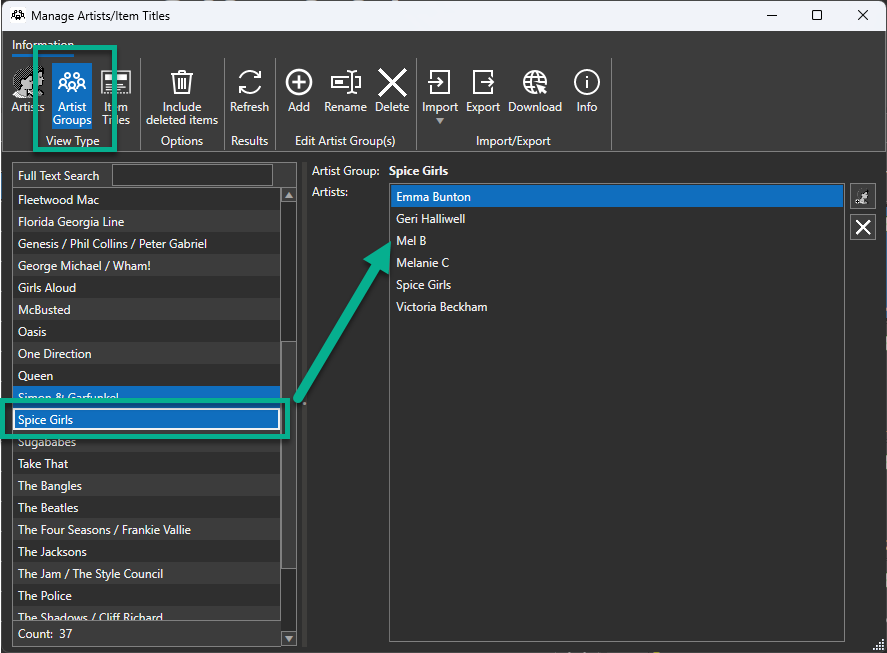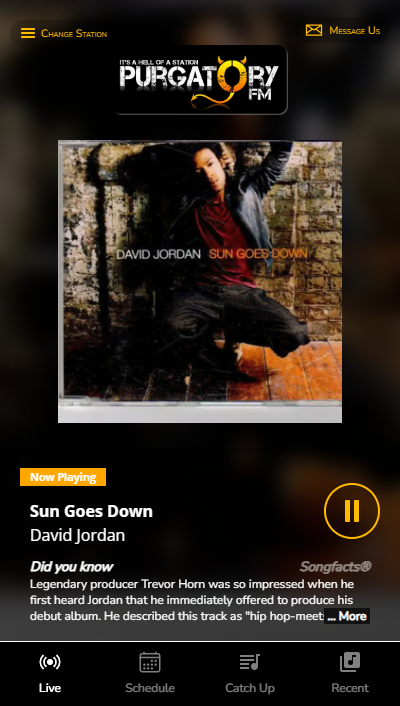New Tech - The AEQ Capitol IP
We take a look at AEQ's small format digital mixer
As the AEQ reseller in the UK we have access to the full range of AEQ's broadcast technology but probably one of the most exciting aspects is their range of digital radio mixing desk including the Capitol IP and it's bigger brother the Forum IP.
In this post we take a quick look at the baby of the range, the Capitol IP.
The Console
The Capitol IP if a fixed format, eight fader channel mixer but like most digital consoles, the sources assigned to each fader can be easily changed either manually or by switching to an alternative 'snap shot' to suit your requirements.
In a traditional analogue mixer, you usually needed more faders because each fader could only have a couple of things plugged into it. This meant that in general, you needed to have one fader for every two sources plugged into the mixer regardless of how often you used the sources or how many you would realistically use at the same time.
Digital consoles such as the Capitol IP (and the Axia range) work differently because all of the sources are plugged into a central 'engine' and sources can then be assigned to faders as required.
This means that the question of how many faders you need on your console becomes
"How many sources do I need to use simultaneously?"
Couple this with the reduction of sources in general in a modern studio (when was the last time you used a Mini disc or even CD player) and all of a sudden, a small format mixer that would have been unimaginable in a studio 10 years ago is a possibility today!
The Capitol IP is fixed at 8 faders so is still going to be too few for some situations (the Forum IP remedies this restriction) but for many modern studios, a compact 8 channel console is actually a very good solution after all, when was the last time you had eight faders up at the same time?
A lot of bang for your buck!
One of the reasons we are excited about the Capitol IP is that it offers a lot of advanced features that are normally only found on more expensive solutions, at a cost effective price (for a digital desk at least).
Just take a quick look at the features list and you will see that there is a lot to like with the console:
- 8 x Assignable Fader Channels
- 2 x Assignable Output Busses (for PGM and Record)
- 20 x Programmable User Buttons (which we can use for switching snap-shots, triggering events in Myriad 5 Playout etc)
- Configurable Audio Processing - Apply processing or gating to microphone channels
- User Security System - You can setup users and only allow access to console features you think they need
- Studio / Control Room Speaker & Headphone - Obviously, but unlike some solutions, these do not use up valuable analogue outputs
- Talkback - You can talkback to TBU's, codecs or other consoles
- DANTE Enabled - The IP part of the Capitol IP (this is optional, if you don't need it you don't have to pay for it!)
- Myriad 5 Interaction - Myriad 5 Playout can talk to the Capitol IP natively over IP
- Separate Capitol Engine - DSP based 'engine' with a wide range of audio and logic inputs and outputs.
The Capitol IP Engine
The 'brain' of the Capitol IP is it's 'engine' or 'Capitol IP Digital Mixer Core Unit' as it is officially known!
This 2u until comes fully equipped with a wide range of analogue and digital inputs and outputs which will cover the vast majority of studio applications. AEQ have thought carefully to anticipate the requirements of most radio studios that are likely to consider the Capitol IP and the result is an I/O loadout that we think is perfect for most small radio studios. Full details can be found herebut in brief, the engine includes:
- 4 x Mic Inputs
- 2 x USB (soundcard) Input / Outputs - sadly not enough for most Myriad applications
- 6 x Stereo Analogue Inputs
- 4 x AES/EBU Inputs/Outputs
- 4 x Stereo Analogue Outputs
- Studio & Control Room Speaker & Headphone Outputs
- 8 x GPIO + 4 x Relays
- 8 x Stereo DANTE Input / Output Module
- MADI Digital Channel Module (cannot be fitted alongside the DANTE module)
- Dual Digital TBU Module
- Redundant PSU
The DANTE Difference
So far the AEQ Capitol IP looks like a good solution for most small studios and it is competitively prices against similar solution from Axia or Studio but...
The 'ace' in the Capitol IP's hand is the optional DANTE module. If you are not familiar with DANTE then you can read all about it on the Audinate
website, we will also be looking at DANTE in a future post but sufficed to say that making the Capitol IP compatible with DANTE makes it extremely expandable.
Firstly, the DANTE Virtual Soundcard drivers are very competitively priced, a 64 channel driver costs just $30 meaning that your Myriad Playout system can connect to the Capitol IP via Dante at a fraction of the cost of a multi-channel soundcard.
DANTE is also supported by more than 1000 products from over 150 manufacturers, all of which can interconnect freely over your standard network.
Lets say that you have a small analogue studio that you want to connect to your Capitol IP. All you need is a network connection and a £225+vat box from Monacorand you are ready to go.
Multiple studios can also be connected over DANTE and a number of manufacturers make I/O solutions to allow you to add sources to your DANTE network or output DANTE channels as analogue or digital audio. The key thing is that the entire ecosystem is east to setup and administer making it ideal for many modern radio stations.
The Verdict
Having worked with a lot of digital consoles over the past few years, we think the Capitol IP is a great solution for any small radio studio or production facility. The inclusion of DANTE technology coupled with native Myriad 5 support make it a great choice with lots of scope for connectivity.
The fixed format means it is not ideal for everyone and if you require more than eight faders then the Capitol IP is not for you (but take a look at the Forum IP
- it's big brother).
Of course, not everyone needs digital technology and even the Capitol IP is still expensive compared to an equivalent analogue mixer (such as the SRM) but if you are in the market for a cost effective digital console that will not lock you into one manufacturers eco-system then the Capitol IP is well worth a look.
Would you like to see the Capitol IP in action?
We have a Capitol IP studio setup at our Yorkshire HQ which you are welcome to come and have a play with. Alternatively, we can arrange an onsite demo next time we are in your area. Just let our team knowand they will be happy to help.


